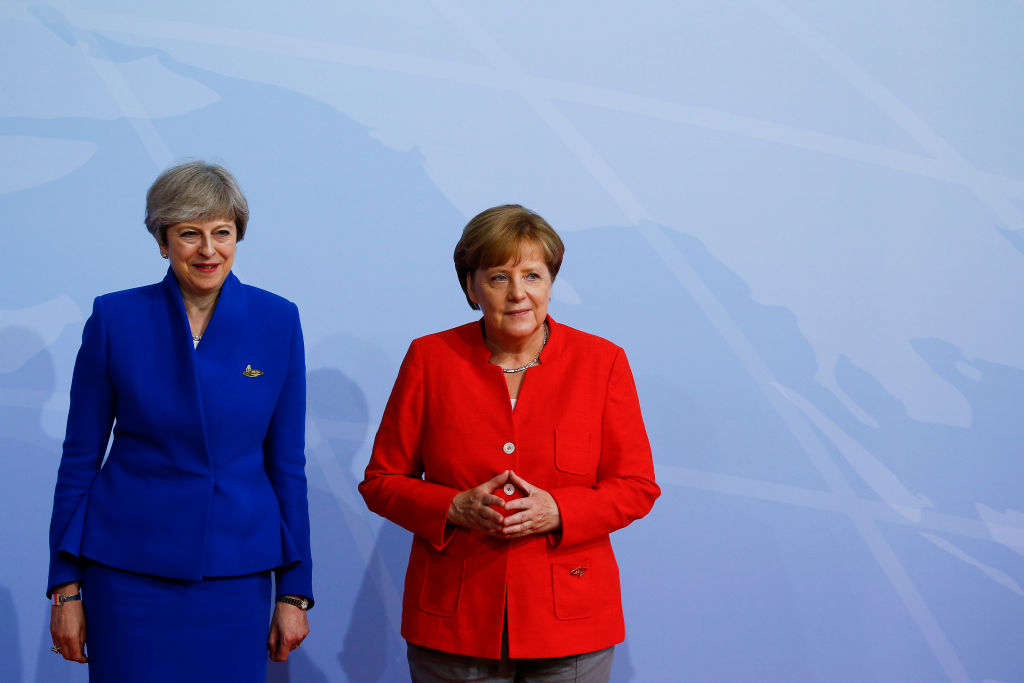The Cabinet is expected to resume talks about Brexit today, reportedly nudging towards a £40 billion offer ahead of a meeting on Friday – but is there much point? Germany still has no government with Angela Merkel’s coalition talks having collapsed. The chairman of the Free Democratic Party ended talks with Merkel last night and her old coalition partners, the Social Democrats, refuse to enter a deal as this would confer opposition status on the populist AfD and thereby augmenting the progress they made in the recent federal elections.

All of a sudden, Merkel’s fourth term has been thrown into question, and there’s talk of her doing a Theresa May and holding a snap election. ‘It is a day of deep reflection on how to go forward in Germany’, Merkel said. ‘As chancellor, I will do everything to ensure that this country is well managed in the difficult weeks to come’. But who will make sure the EU is well managed? It has long relied upon German direction, and if that’s not forthcoming then progress on a Brexit deal is even less likely.
It’s worth remembering that the EU, as an institution, has always struggled with trade talks, having failed to cut a deal with almost any of its major trade partners. The problem is structural: it’s hard for anyone to negotiate with 27 member states, especially as you need unanimity and not all of them will be in a fit state, politically, to offer unanimity. For some time, British Brexiteers have been arguing that German industrial interests will assert themselves in the end, that the German carmakers will not tolerate tariffs on sales to the UK so Germany will force through a frer trade Brexit deal. That’s always been a bit ambitious, and looks even more so this morning.
Oxford Economics, which keeps track of the likely Brexit outcomes, says that ‘no deal’ (i.e. talks collapsing) is about as likely as a free trade deal (at about 35 per cent). Right now, I’d say that the likelihood of no deal is edging ahead. Let’s hope the UK government is prepared.







Comments